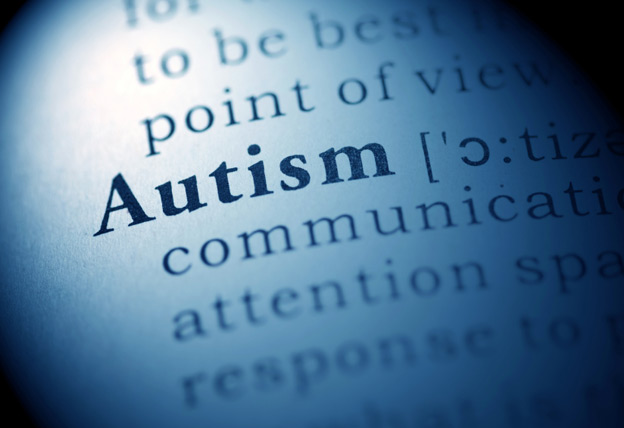- Every child with autism is unique. Some children are nonverbal and may never be able to speak. Many children with Asperger’s are highly intelligent and learn to read and write at an early age. Savant autistics can have an unbelievable gift for math, music, or art. Teachers should know that autism is a spectrum, and each child is distinct and should not be labeled based on his or her place on the bell-shaped curve. A child labeled low functioning today with proper therapy can move up the spectrum.
- Every child with autism has his or her own strengths and weaknesses. My strength was memory, and I was able to memorize in one year more than 2,000 Scripture verses. Phonetics was my weakness, and I was unable to spell a word by sounding it out. Teachers must use learning styles that fit the child’s strengths.
- Children with autism usually have a special interest. Teachers should use the child’s passion as a motivational tool for learning new subjects. Julie Ann Reed, whose son has Asperger’s, said, “If your son or daughter has an obsession, use it to help him or her to learn new material. My son Paul is obsessed with computers; so I use computers as a reward system.”
- Children with autism usually have repetitive behavioral patterns. Teachers should understand the child’s routine and help him to follow his patterns to prevent a tantrum or meltdown. In high school, my repetitive pattern was weightlifting every day at four o’clock. If I was prohibited from weightlifting at my set-time, I experienced anxiety and became angry.
- Children with autism usually have sensory issues. Most of us pay little attention to our senses. When you feel cold, you put on a sweater. When music is too loud, you turn down the volume. For some children with autism, senses provide unreliable information causing great discomfort and anxiety. These children may experience sensory issues with touch, sound, taste, smell, or sight. Teachers need to be aware of any sensory issues the child may experience in the classroom.
- Children with autism may display stimming behavior. When you bite your nails, tap your pencil, or twirl your hair, you are engaging in the behavior pattern called stimming. This behavior with children of autism can include flapping their hands up-and-down, pacing in circles, rocking back-and-forth, or spinning their whole body. Autistic stimming can be a hindrance by prohibiting the child from interacting with peers.
- Children with autism tend to experience difficulty with understanding verbal instructions. Teachers should write their instructions in easy-to-follow steps and also use visual aids in the classroom. Make sure your student understands your instructions.
- Children with autism may have difficultly decoding social cues. Inability to interpret nonverbal communication will cause a child to feel awkward in social settings. Teachers should teach students with autism to model their peers on the playground.
- Children with autism who lack social skills may make inappropriate and mean comments. Teachers need to be prepared for a child with autism to say hurtful words and not to take those comments personally. Teach the child by your own example to say words of praise and thanksgiving.
- Children with autism desperately need your love and encouragement. Having a disability can cause life to be unbearable. Many children with autism feel isolated due to having been bullied ruthlessly by their peers. Your love and support will encourage your student with autism that God loves him, and he is part of God’s plan.
Ron Sandison is a specialist in the area of autism and has interviewed more than 40 experts for his upcoming book including Dr. Lynn K. Koegel, founder of Autism Research Center at the University of Southern California and Dr. Joanne Ruthsatz, University of Ohio about her research on the relationship between autism and prodigies. He has also interviewed more than 30 parents of autistic children. The working title for his book is “The Christian Concise Guide to Autism.” At this point, Ron does not know the date of publication.













